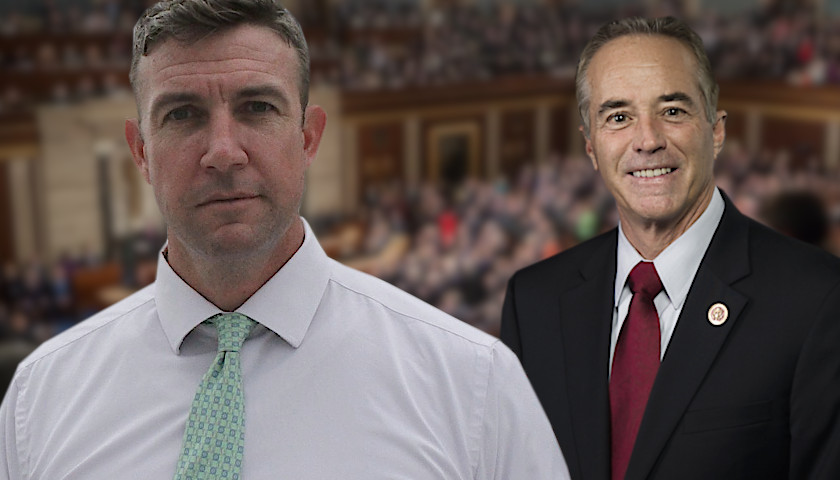Like most polls, Gallup polls are usually paid advertisements for whomever commissions them and therefore deserving of as little attention. However, the indefatigable Sharyl Attkisson recently reported on the results of one such survey and that did draw my attention. Evidently, 47 percent of Americans say life will never go back to pre-pandemic normal. I was somewhat stunned! How could 53 percent be thinking we could go back?
Read the full storyTag: career
The Most People in Nearly 20 Years Quit Their Jobs for Better Ones in 2018
by Tim Pearce Roughly 2.4 percent of the Americans in the workforce quit their jobs in the past year, the fastest rate since 2001, according to the Bureau of Labor Statistics (BLS). The BLS’s most recent version of the Job Openings and Labor Turnover Survey (JOLTS) found that an average of 3.5 million Americans quit their jobs every month in 2018. The data suggest that more people are leaving jobs to search for or take opportunities elsewhere for better pay or more prestigious positions. “For any type of employment search, you won’t find a better time than right now,” Thomas Moran, CEO of the staffing agency Addison Group, told CNBC Make It. Unemployment has remained at historically low levels since September, the sign of a tight labor market that should drive wages and benefits up as employers compete to attract and retain workers. “For many, [quitting] is a smart move, as there’s a clear advantage to increasing your earning potential by switching jobs,” Glassdoor chief economist Andrew Chamberlain told CNBC. So far, wage growth has remained below economists’ expectations, though wages have picked up in the past year. Wages hit 3.1 percent annual growth in November, the first time…
Read the full storyCongress Considered to Have Lowest Ethics of All Professions
by Evie Fordham Members of Congress are considered the least honest and ethical of professions including telemarketers and car salespeople, according to a Gallup survey released Thursday. Fifty-eight percent of people said they had low or very low faith in the honesty and ethics of members of Congress, according to the survey. Only 44 percent of people surveyed said the same about car salespeople, and 56 percent said the same about telemarketers. Nurses came out on top of the survey, with 84 percent of people saying they would rate the honesty and ethical standards of nurses as high or very high. Nurses’ high ratings were followed by physicians, pharmacists and high school teachers. Members’ of Congress poor honesty and ethics ratings have hovered around 60 percent disapproval since 2016. But that’s better than in 2013, when 66 percent of respondents gave them poor ratings. Only 8 percent of people said they would rate members of Congress as having high or very high honesty and ethical standards in 2018. Thirty-three percent of respondents ranked members of Congress as having “average” honesty and ethical standards. Several scandals may have contributed to the poor reputation of members of Congress in 2018. They…
Read the full storyCommentary: Most Young People Today Lack the Psychological Resilience to Thrive Professionally – Here’s How They Can Get It
by Ryan Ferguson In December, I wrote a post about how hard it is to learn how to work. In that post, I talked about how one of the biggest challenges for someone starting their career is getting used to the undefined nature of work. It feels very uncomfortable to go from a protective and easy school environment, where you live without responsibilities, to the professional world, where you are expected to think, prioritize, and deliver. The only way to get better at it is to stick with it, but many people who have done well in school don’t know how to stick with it. They quit when they reach the point of responsibility in their work and start a new job where they can feel comfortable with lower expectations. After a while, if they don’t figure out how to handle expectations, they may retreat back into mindless work that can support them but never truly allow them to thrive. What Makes the Adjustment So Hard? In school, priorities are defined for us. You have projects, papers, and exams that you will complete. You can prioritize in a limited way, but you have very little control over your direction or responsibilities. The teacher…
Read the full story



